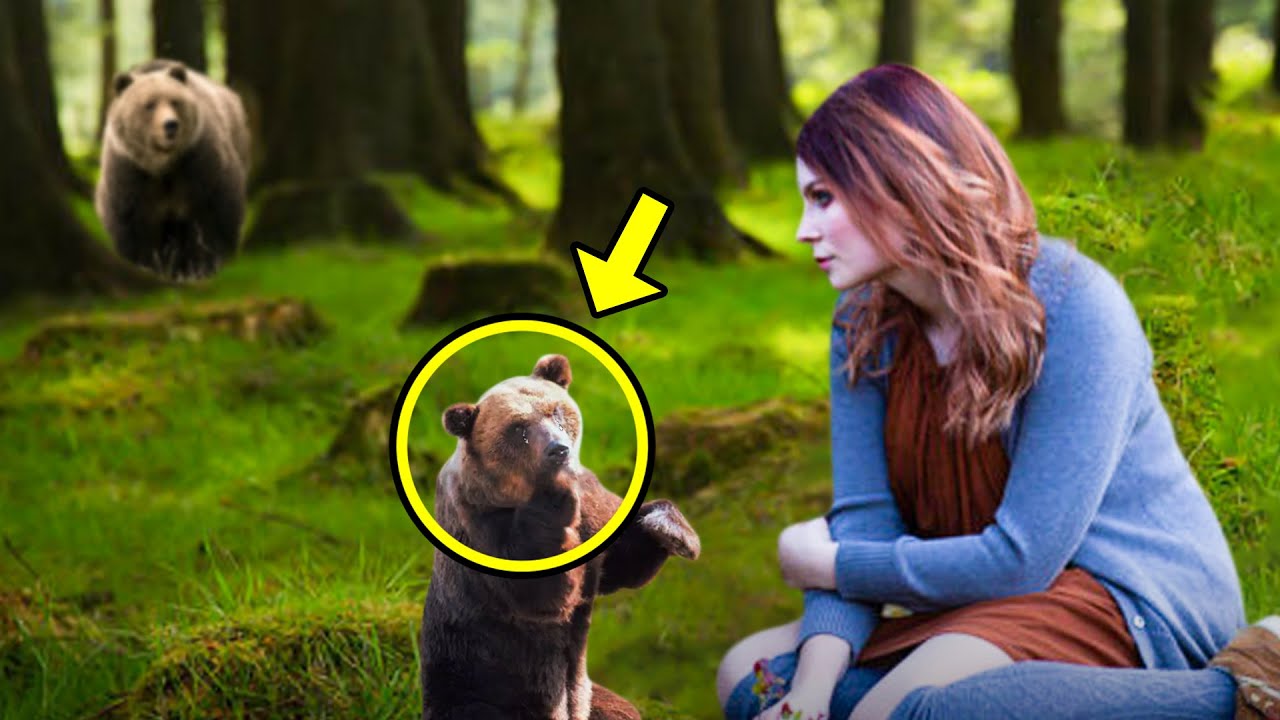
image via – youtube.com
If you can’t believe your eyes, you may be looking at an optical illusion. That’s because optical illusions, by definition, are images or sights that strongly disagree with physical reality. When we suddenly realize that not all is as it appears to be, our brains light up and we pay extra attention to whatever it is that’s playing tricks on us.
Since it is our brains that interpret and make sense of all the incoming sights, we often love looking at optical illusions because they’re new challenges for us to take on and figure out. According to Aude Oliva, a cognitive research scientist at MIT, “Anything that is new and surprising is something we naturally like because it means that we may learn something from it.”
It’s no wonder so many of us enjoy illusions, and this one here is no exception! The video features a black and white image of Dunstanburgh Castle, a centuries old fort located on the sea coast of northern England. The directions that accompany the clip tell you exactly how to view the picture and all it requires is that you stare at the dot in the middle of the screen.
As the picture changes from black and white to color, and then back to black and white, your eyes will have a hard time keeping up with it. The cones in the retina of our eyes are responsible for color vision, but when you stare at the bright false color image that the picture switches to, they quickly become desensitized.
That’s why, when the black and white castle appears for the second time, it looks to be in full color. It is because our cones are still briefly sending color signals to our brain and need time to readjust to the new color scheme. After a few seconds they should have re-adjusted and you’re back to seeing the black and white castle.
Here’s a little background information about the interesting visual phenomenons we experience. When it comes to optical illusions, they are all about the eyes, brain, and perception. Specifically, the eyes visually perceive an image which the brain then processes as not fitting in line with or matching the stimulus source that it’s emanating from.
In other words, it’s when you look at something and end up seeing something else that’s completely different. You look at X but think you’re seeing Y. Generally speaking, there are many different types of illusions and optical ones, also known as visual illusions, happen to be the most well known sub-category. To experience one right now, check out the video.
It’s a fun way to fool your senses so have fun and enjoy!
Please Share This With Your Family and Friends










